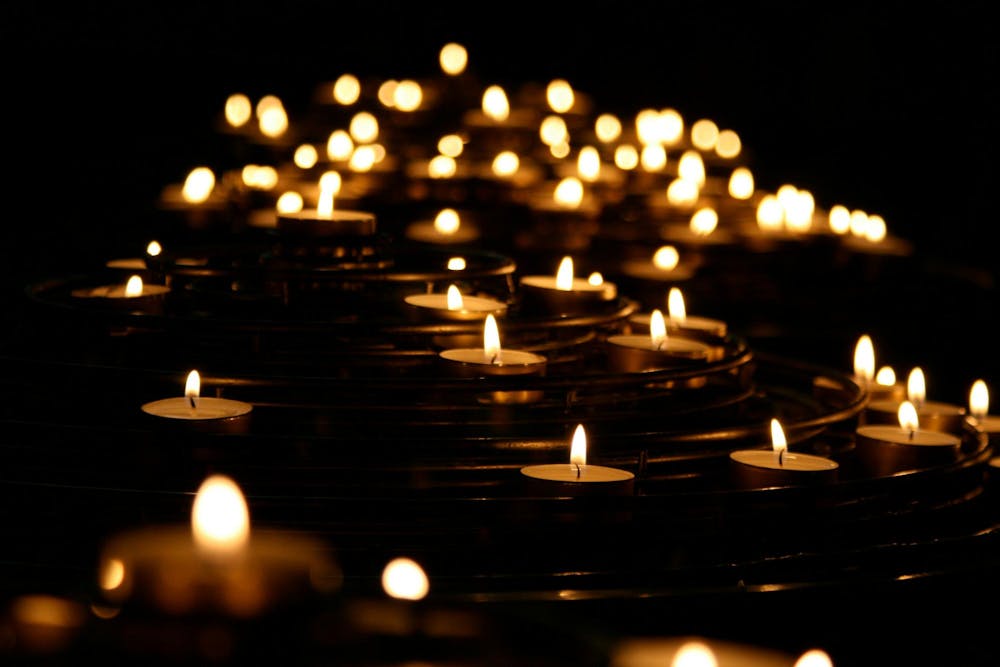Everyone grieves differently. Some people spend a lot of time in solitude. Some hold onto photos, letters, clothes and other memorable items to feel that someone who has passed is still with them. Some seek professional help and others post about their grandmother’s death on their public Snapchat story.
Although people express grief in different ways, certain expressions do not sit right with me. Through conversations I have had about certain uncanny displays of grief, I have found that other people feel the same way about the subject.
I am a transfer from Chapman University, and last November, a friend from Chapman passed away. Though I was not in his closest inner-circle, the conversations that we had made me consider him a friend who I knew I could be vulnerable around, and I knew he would support me if I ever needed him.
I was deeply saddened by his passing. I am an emotional person, but I understood that even though I was greatly affected in the following days, I should not act in a way that took away from the tragedy itself or from the effect that it had on his family and closest friends.
Some people did not understand this. I reposted a photo of him explaining the situation and commented on one of the posts breaking the news to the larger community. I do not have an issue with public displays of grief.
I do have an issue with people who put themselves into tragedy and use somebody’s death to receive online attention and virtual condolences. I saw posts from people who did not have any connection to my friend. I also saw people who were just acquainted with him posting more about it than his closest friends were.
Many people reposted about it and spoke about it. Many people attended the vigil. Although I was across the country and could not make it out, one of my best friends who is still at Chapman went to the funeral service. He said that the funeral attendance was disappointing.
People have their reasons for not attending a funeral. Although I understand that people may find them too emotionally difficult to attend, I was disappointed to find out that only around 5 of the 80 members in his fraternity made it out to the service which was held on a Saturday.
This is just one example of people claiming grief that I have personally witnessed. A close friend told me about her experience in high school having a close relative pass away. She explained how a student at the school who had no relations with her relative was telling everyone about how affected she was by the loss.
Grief is tricky. It is a slippery subject to write about, but I feel that it is worth calling out people who claim grief on the internet or wear it around seeking pity who, in reality, were not close with the person who is gone at all.
The only thing that the attention-seeking behavior does is make people who are actually grieving feel worse about the situation. It also takes attention away from whoever passed and deserves remembrance.
When confronting loss, it is important to know your place relative to the person who passed and others who were impacted the most by the death. That way, you can give people the proper space to grieve and recognize the impact that someone who passed had on those around them.










